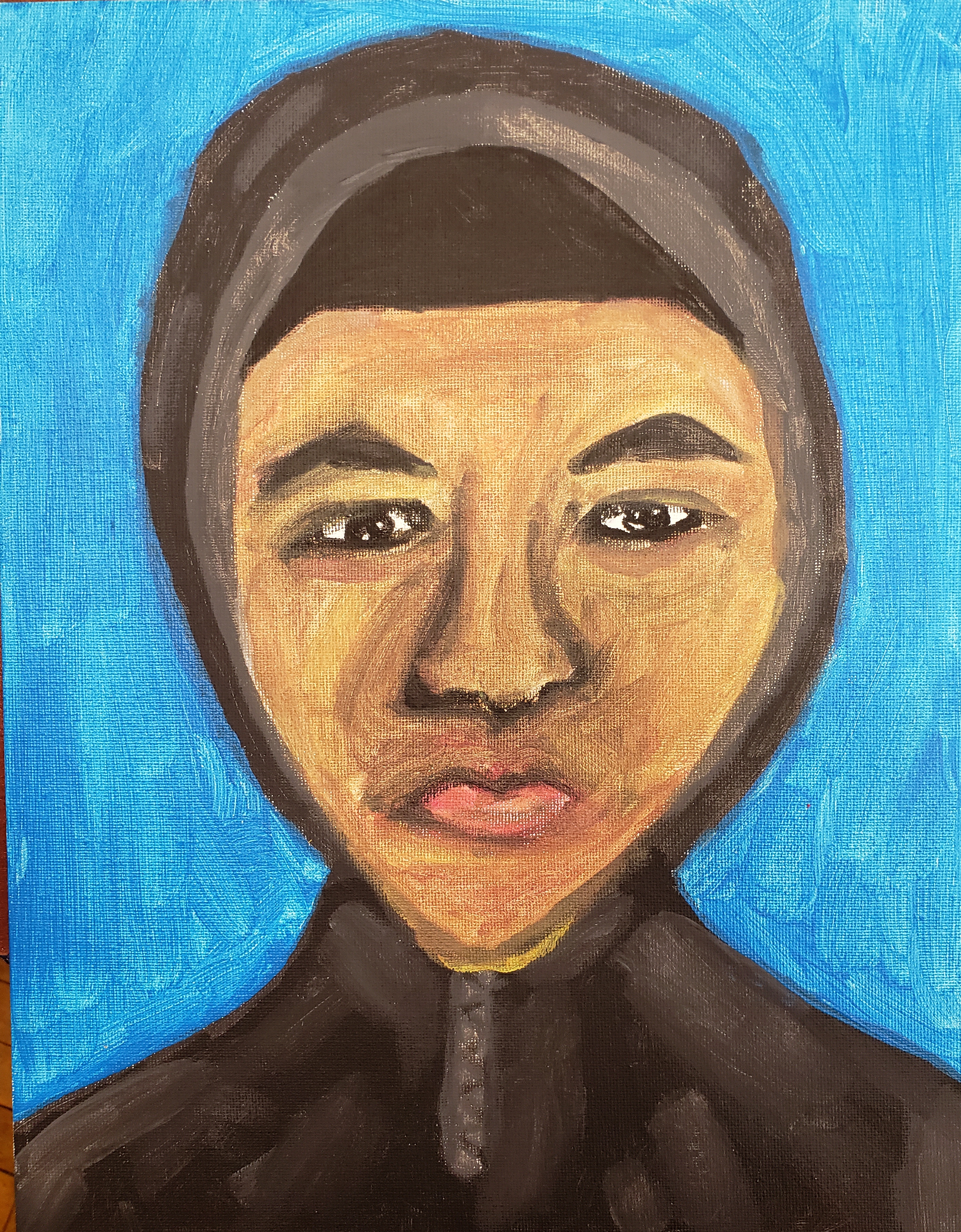Zulma* and I sat at a round table in my office. The principal’s office– I assured her she wasn’t in trouble. She had just turned 17. She looked dull. Resigned.
Our journey with Zulma started two years ago in January when my assistant principal and I drove to the West Bronx on a quest to find her, our car doors scraping the snow as we stepped out.
Zulma had been absent for weeks. We were in remote learning. It was her first year in high school, and her second year in New York since arriving from El Salvador. We found her apartment building and through the intercom, a sibling told us Zulma was at the laundromat a block away. So there we went, finding her in a hoodie and flip flops, taking a load out of the washer.
Continue reading





 As the principal of a high school that serves newcomer English Language Learners, I track many pieces of students data: progress with English, attendance, participation in clubs and sports, grades, test scores, etc.
As the principal of a high school that serves newcomer English Language Learners, I track many pieces of students data: progress with English, attendance, participation in clubs and sports, grades, test scores, etc.


